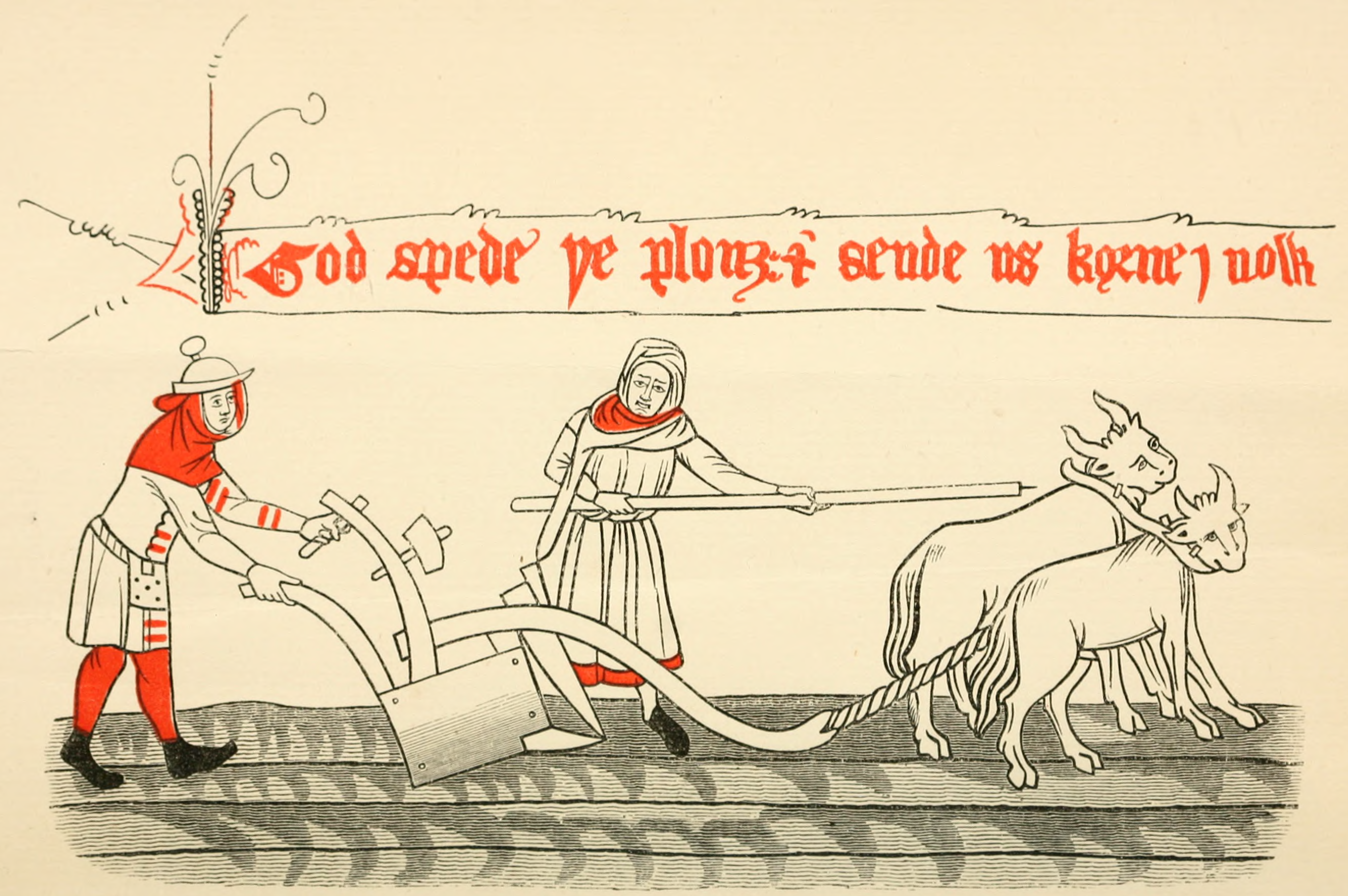An Even Humbler Remonstrance
Hello readers, A few weeks ago, I posted to this website an essay entitled ‘Henry James’ Solution to the Novel Problem’. Its main ambition was to consider the arguments put forth by Henry James in his essay ‘The Art of Fiction’ in a broader literary historical context, and to consider how, in the process of rebutting Walter Besant’s attempts to impose a constitution onto the process of novel writing, James […]
Read more


